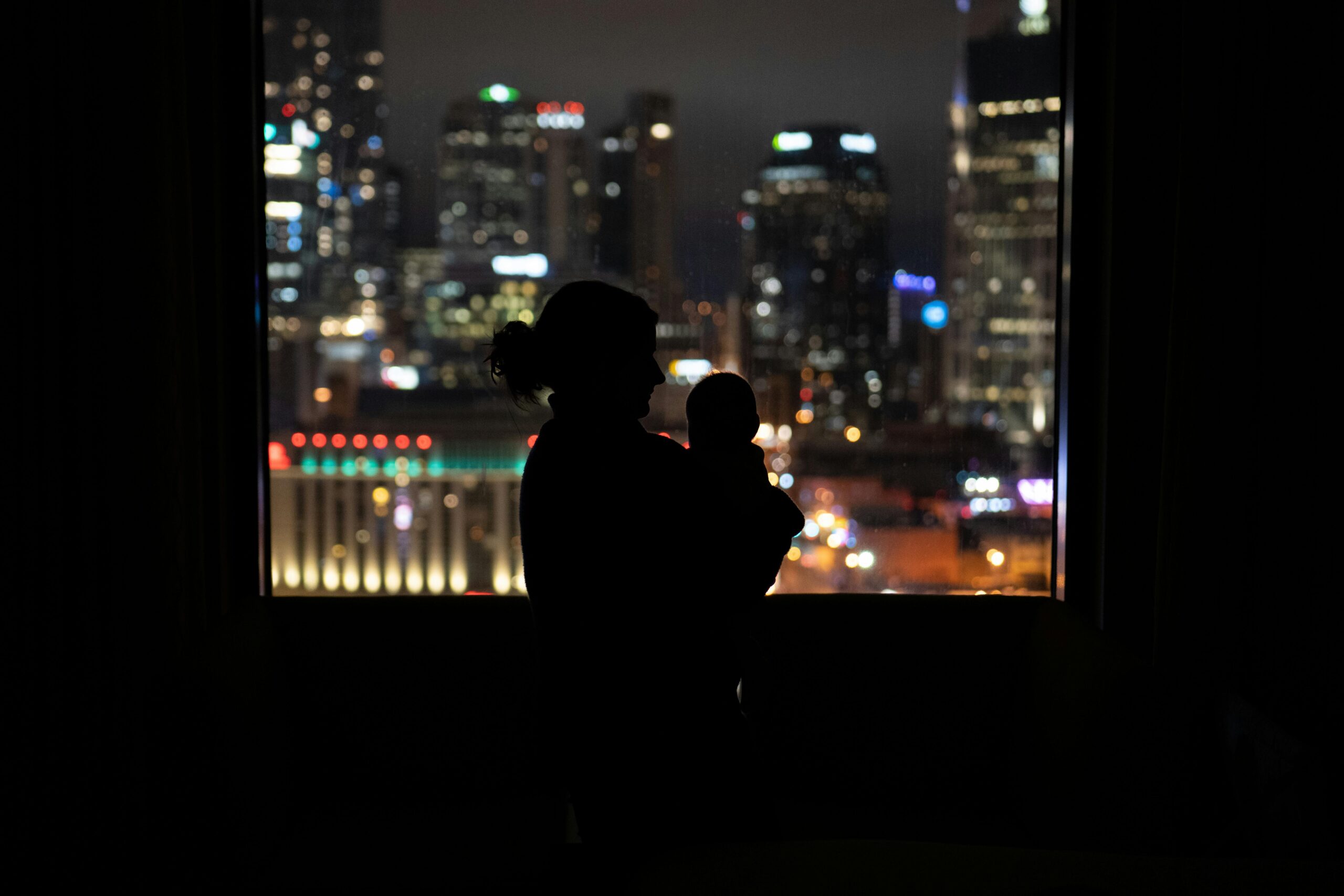
Imagine living in a place free from the world’s social norms about gender. Where men and women have equal status and there is no sense of what one must do simply because they are a man or a woman. Where the rights of the elderly and children are not pushed to the wayside in favor of greed, power, and money. Want to live in a place like this? The good news is that is does exist – in Ethiopia.
There is no major “bad news”, per say, other than all 6 billion+ people on the planet cannot cram into this one village, but they can certainly copy its power structure and further the cause of gender equality everywhere.
The village, or commune as it is referred to, is called Awra Amba, and was founded 44 years ago by Zumra Nuru, a man who grew up analyzing societal norms and questioned gender roles from a young age. Awra Amba is located in the rural part of the Amhara region of Ethiopia, 65km north of Bahir Dar in Woji Kebele.
According to an in-depth profile written by Zac Crellin for Atlas Obscura, this commune has managed to successfully implement a utopian model of living that many of us can only dream of.
Awra Amba’s roughly 500 residents don’t necessarily like the labels outsiders give to the village like communist, puritanical or feminist, because they believe what they are doing should not be confined to a single label. Instead, they base their lives around 4 main ideas: respecting women’s rights, respecting children’s rights, caring for the elderly and vulnerable, and avoiding antisocial behavior.
The commune is run by 13 democratically-elected leaders who oversee issues such as education, security, orphan care, and conflict resolution. They are unpaid and elected triennially (no career politicians here!).

In Zac Crellin’s article, he points out how the founder started forming questions about equality at such a young age that even his own parents could not give him answers. Instead, Zumra Nuru started forming his own opinions based on what he saw in the world around him, despite not ever having a formal education.
In a journey that sounds similar to that of a budding politician or community leader, Zumra began traveling at the age of 13 looking for like-minded people who wanted to abolish gender roles and child labor. He would give speeches to anyone who would listen, despite being brushed aside by many people who thought he was being unrealistic.
When Zumra finally came across a group of farmers in the Fogera district who liked what he had to say, he began putting into motion the initial ideas of what what would eventually become Awra Amba in 1972.
According to UNESCO, Ethopian rates of education is one of the lowest in Sub-Saharan Africa. While poverty affects a lot of people, boys still have a greater chance at getting educated than girls. For every 100 boys enrolled in secondary school, there are only 77 girls. Statistics from 2009 indicate 82% of Ethiopian girls over the age of 15 are illiterate, compared to 58% of boys the same age.
Drop-out rates among girls is much higher than boys, and this has a massive compound effect on the remainder of their lives where they are less likely to old jobs that offer financial independence, and more likely to marry earlier and have children at a young age. Girls who fall victim to a cycle of poverty lack the skills and knowledge to retain a trade, and can often suffer from poor health due to lack of education about their bodies and cultural stigma.

This well-known stigma is what you will not find in Awra Amba. Gender roles do not exist, and equality is not up for debate. Men are expected to do half the housework and help raise the children, and women are expected to join the local workforce in jobs normally associated with men.
The residents have a saying they live by, which eliminates the gender bias from their thoughts.
“Doing a ‘women’s job’ does not change my maleness—it changes my ignorance,” is the phrase coined by founder Zumra. Imagine if this kind of mindset was more prevalent elsewhere in the world…
There is a free school in Awra Amba where every child can attend. The rights of children are ensured by a mandate that forbids them from working. Aside from education access, adults engage with children in social matters and prepare them to be future leaders and decision-makers. In community conflict-resolution discussions, voices of children are encouraged and valued alongside adults. How cool!
Residents have the option of one of 2 types of memberships in the commune. The first allows them to follow the progressive social values as a community member, the second allows them to share their labor (mostly farming, weaving and other miscellaneous jobs) and income in a cooperative manner.

Roughly 150 commune residents are cooperative members. Each member receives the same income regardless of their job, and the remaining funds go to the community.
The founder has written a manifesto that contains the values, laws and mission statement of Awra Amba. Included in this is one of the commune’s strongest initiatives – caring for the elderly. Everyone is expected to help out in the elder care facility which takes care of those no longer able to work or look after themselves. The emphasis on caring for the elderly came after seeing too many of them collapsing from hard work and poor health. The elderly population retain their dignity and are constantly looked out for by residents.
Throughout Awra Amba is a deep sense of morality and social responsibility, despite there being no official religion or encouragement of one. There are some residents to hold certain spiritual affiliations, but everyone is required to live a life of collaboration, honesty, love, compassion, humbleness, good hearted-ness, truthfulness, and peace, according to Zumra’s manifesto.
“Humans have created the idea that we are not related if we are not from the same family. This notion brings about hostility; and hostility brings about quarrels. Human beings frighten other human beings just like ferocious animals. I thought if we could live by considering all human beings as sisters and brothers, there would not be any difference among human beings,” he writes.

In his profile piece, Zac states that each villager is free to come and go as they please, and the youth are encouraged to leave home when they become adults in order to learn more about the world and broaden their horizons. Not surprisingly, many return home to Awra Amba when they want to settle down and have a family. It seems finding this kind of utopia elsewhere is difficult.
The values and ideals created by the commune’s founder is all the more profound when you learn his outlook was not influenced by anyone or anything else.
“Zumra Nuru hasn’t read Das Kapital, The Second Sex or the United Nations Convention on the Rights of the Child; he’s illiterate and completely self-taught. Awra Amba may closely resemble the ideas of philosophers and theorists from around the world, but its ideology has not been imported,” he writes.
“Instead, Nuru came up with pragmatic solutions to local problems, which are continuously developed and perfected through the combined effort of the community. People live humbly but harmoniously, and it is through this tradition that Awra Amba continues to flourish.”
Awra Amba received many visitors who are fascinated by its model of equality, so they have created ways for outsiders to learn more about their commune and how they can implement its values in their own lives. Take a look at this website if you are interested in visiting, or watch the video below created by director/writer/cinematographer Serdar Ferit and director/producer Paulina Tervo (who are also the artists behind many of the images from Awra Amba) from WriteThisDown.co.uk:
The Awra Amba Experience short trailer 2016 from Write This Down on Vimeo.

















Hey, really appreciate that you wrote this article. It would be great to be credited / mentioned for the photos and video you are using 🙂
Serdar and Paulina (Write This Down)